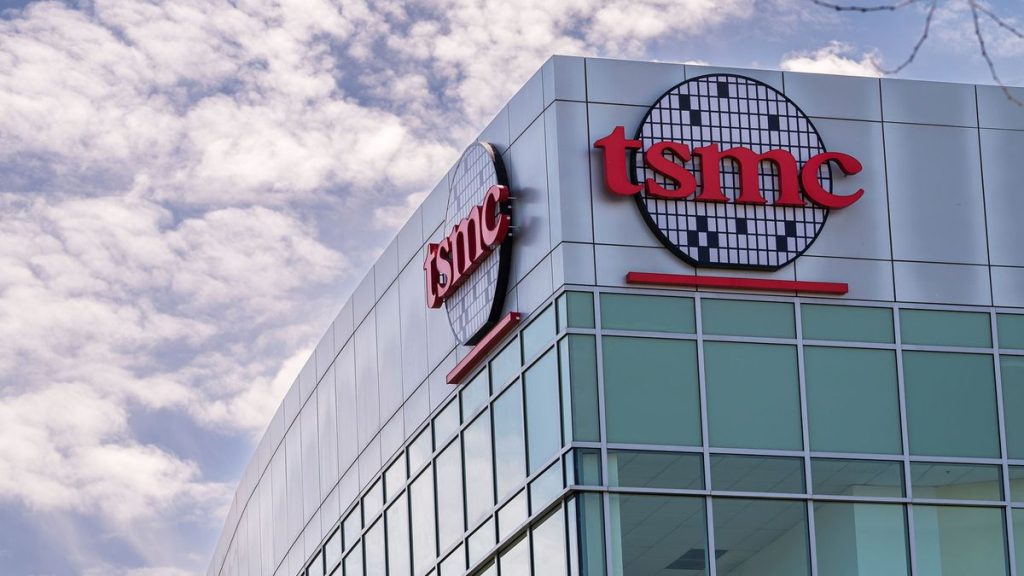already entered the high-volume production in Q4 2024 utilizing N4 process technology with a yield comparable to our fabs in Taiwan,” said C.C. Wei, chief executive and chairman of TSMC, at the company’s earnings conference call (via SeekingAlpha). “We expect a smooth ramp-up process and with our strong manufacturing capability and execution, we are confident to deliver the same level of manufacturing quality and reliability from our fab in Arizona as from our fab in Taiwan.”
One interesting aspect of TSMC’s Fab 21 in Arizona is that TSMC charges more for N4 production in the U.S. than it does in Taiwan, so a processor made in America costs more than the same chip made in Taiwan. This is not unexpected, as chips produced by TSMC in Arizona cost more due to a more expensive fab that requires depreciation, smaller-scale production, a not-fully-developed ecosystem, and the necessity of shipping silicon back to Taiwan (or somewhere else) for packaging. However, it appears that TSMC also charges for ‘geographic flexibility.’ This does not mean that TSMC earns more from producing chips in the U.S., though.
“Do we charge a little bit higher? Yes, we do because we have a value of geographic flexibility,” said Wei. “You guys know, [made in] USA is a premium product. Yes, we discussed [this] with our customer and they all agree and happy to work with TSMC. Because of the cost structure over there, so it is a little bit higher price over there.”
Another interesting point revealed during the conference call was that TSMC is converting its N4/N5 capacity to N3 capacity as demand for 3nm-class products increases. While TSMC’s N4/N5 capacity is unknown, and kept confidential, it is evident that it is shrinking in Taiwan, so the U.S. fab could become instrumental in meeting demand for N4 and N5 production under certain circumstances.
Unverified reports suggest that TSMC’s Fab 21 in Arizona is producing at least three types of processors: the A16 Bionic chip powering Apple’s iPhone 15 and iPhone 15 Plus, the main processor in Apple’s S9 system-in-package featuring two 64-bit cores and a quad-core neural engine for smartwatches, and a CPU from AMD’s Ryzen 9000 series. It is rumored that for now only Fab 21 Phase 1A is mass producing chips and the current production capacity of the facility is around 10,000 wafer starts per month. TSMC’s Fab 21 Phase 1B is reportedly ‘facing tooling bottlenecks’ and is expected to be fully equipped later in the quarter, which will add 14,000 WSPM capacity to the production facility.
